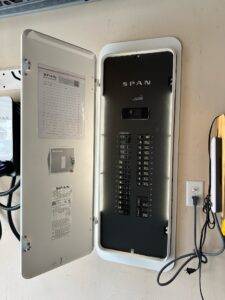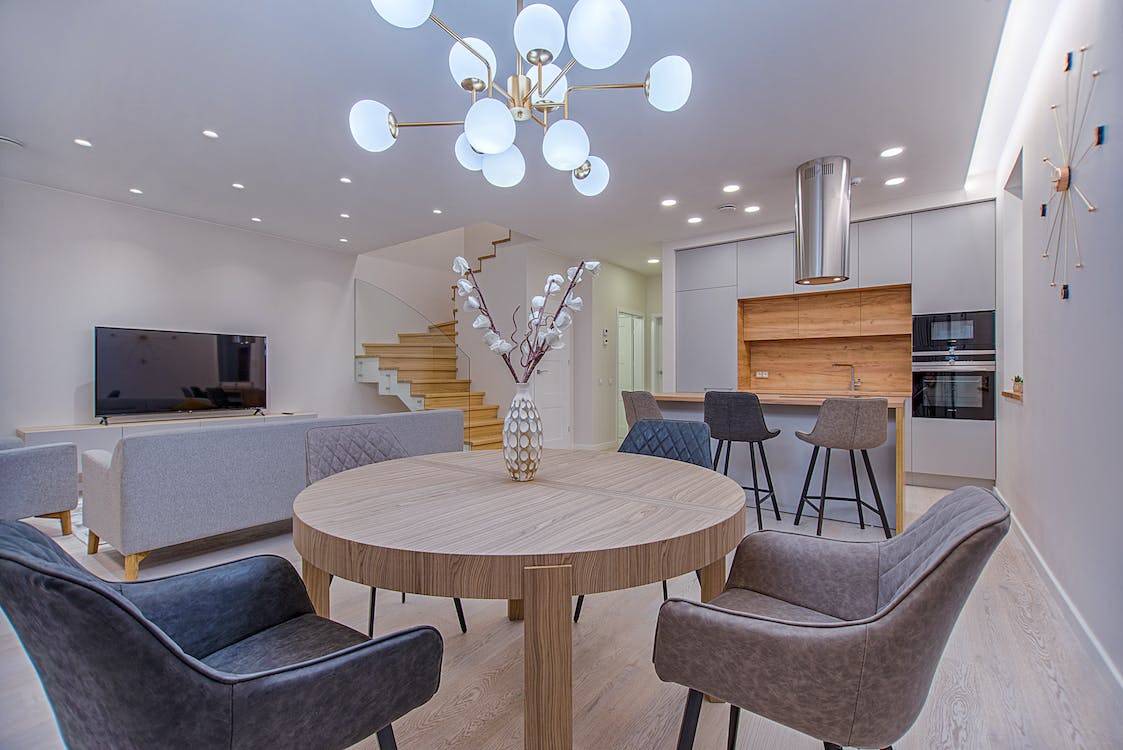Homeowners can improve their energy use by implementing a variety of strategies, including

Renewable energy
Installing solar panels or other renewable energy systems can help to reduce reliance on fossil fuels and decrease overall energy consumption. Get the SMART panel that helps you achieve your energy upgrade goals while giving you better options for connecting across all of your home’s devices, appliances, and resources.
Smart home technology
Installing smart home devices, such as thermostats, lighting systems, and appliances, can allow homeowners to monitor and control energy usage remotely. Smart home technology, also known as home automation, refers to the use of internet-connected devices and systems to control and manage various aspects of a home remotely. These devices are designed to make the home more convenient, energy-efficient, secure, and comfortable for the residents. Smart home technology enables homeowners to monitor, control, and automate different devices and appliances from their smartphones, tablets, or voice-activated assistants.
Lighting
Switching to energy-efficient lighting, such as LED or CFL bulbs, can reduce lighting energy consumption by up to 75%. The main purpose of energy-efficient lighting is to reduce energy consumption and lower electricity bills, while also benefiting the environment by decreasing greenhouse gas emissions and minimizing the demand on power plants.
Energy-efficient appliances
Replacing old, inefficient appliances with newer, energy-efficient models can significantly reduce energy consumption. Look for appliances with Energy Star labels, which indicate that they meet certain energy efficiency standards.

Weatherization
Sealing air leaks around doors and windows can help to prevent drafts and reduce energy consumption. Use caulk or weatherstripping around windows and doors and seal any gaps or cracks in the walls or foundation.
Heating and cooling systems
Regular maintenance and upgrading to more energy-efficient systems can improve energy efficiency and reduce consumption. Did you know your HVAC systems need to be serviced at regular intervals? This will not only save on energy costs, but will also prevent major costs associated replacing a unit due to lack of maintenance.

Habit changes
Simple habit changes, such as turning off lights and unplugging appliances when not in use, can also help to reduce energy consumption.
Insulation
Properly insulating a home can help to keep it warm in the winter and cool in the summer, reducing the need for heating and cooling.
It’s important to note that the effectiveness of these strategies will depend on the specific circumstances of a home, such as its location, age, and overall energy consumption. Homeowners can also seek professional advice, conduct energy audits, or seek out the support of local programs to help identify the most effective and cost-effective ways to improve their energy use.



